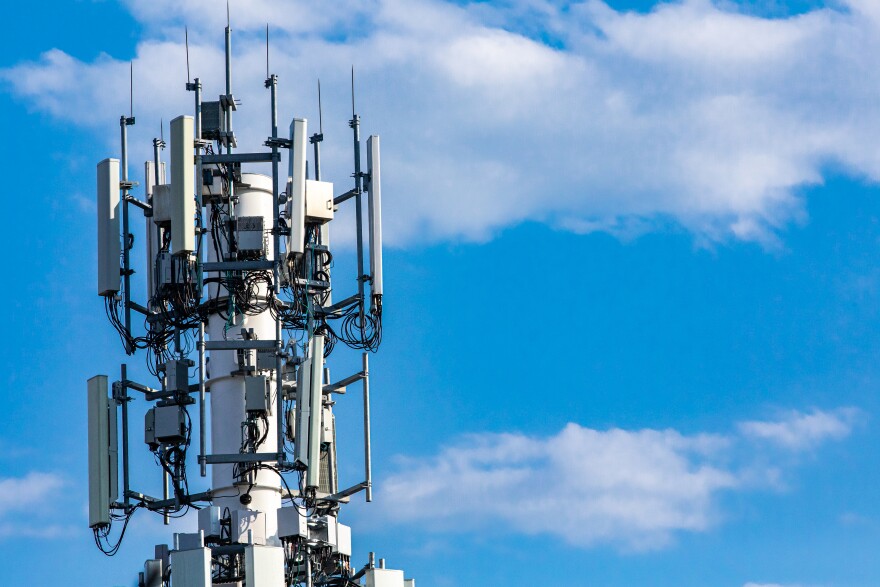Many major mobile carriers, like AT&T and T-Mobile, will be ending 3G services in 2022 to make room for 5G services. While faster internet may sound nice, the change could leave lower-income and older Milwaukeeans disconnected.
Tech can be essential for our everyday lives, but already the internet isn’t as easily accessible or consistent in Wisconsin’s most marginalized communities.
Maricha Harris, the executive director of the Dominican Center, stresses that cell phones with 3G are like a lifeline when computers aren't accessible.
"Many folks are using phones for any and everything," Harris says. "Folks had to abruptly go into this whole virtual world, which had a huge impact on our students, our youth students and our adult students."
Ryan Johnston, the policy counsel for federal programs at Next Century Cities, points out that this transition could mean other uses like security systems, 911 calls and navigation in cars could also be in jeopardy.
"We're looking at kind of this wide breadth of things, that this change is going to impact. And all of a sudden we're looking at, okay, how do we make sure that we're not leaving anyone behind by doing this," says Johnston.
Many residents in the Amani neighborhood have already reported poor internet and cell service for years. "This just becomes another level of decision that our families have to juggle in the midst of already having to make challenging decisions on a daily basis," Harris emphasizes.
In terms of addressing these issues, Johnston says every city is at a different stage of its broadband journey. Many cities understand how to get the network started from scratch for their communities, while others already have the infrastructure in place and are considering making access more equitable and inclusive.
Johnston says if real change is going to happen, more communication with community leaders should be taking place. As he puts it, that level of insight that community leaders have can't be given from Washington D.C. through legislation.
"One of the things that we are always trying to advocate for is making sure that those communities are empowered to make the choices that they need to make, in order to best meet their community's needs," says Johnston.
Making cell phones more affordable could also bridge the gap between internet connections and low-income neighborhoods like Amani. Harris says the affordability of internet and cellphone services is top of mind to bridge the digital divide.
"People who are in lower-income communities have to make challenging decisions every day. So if we're able to make internet more affordable, it mitigates that challenge for families and helps ease the decisions that are already being made," says Harris.







